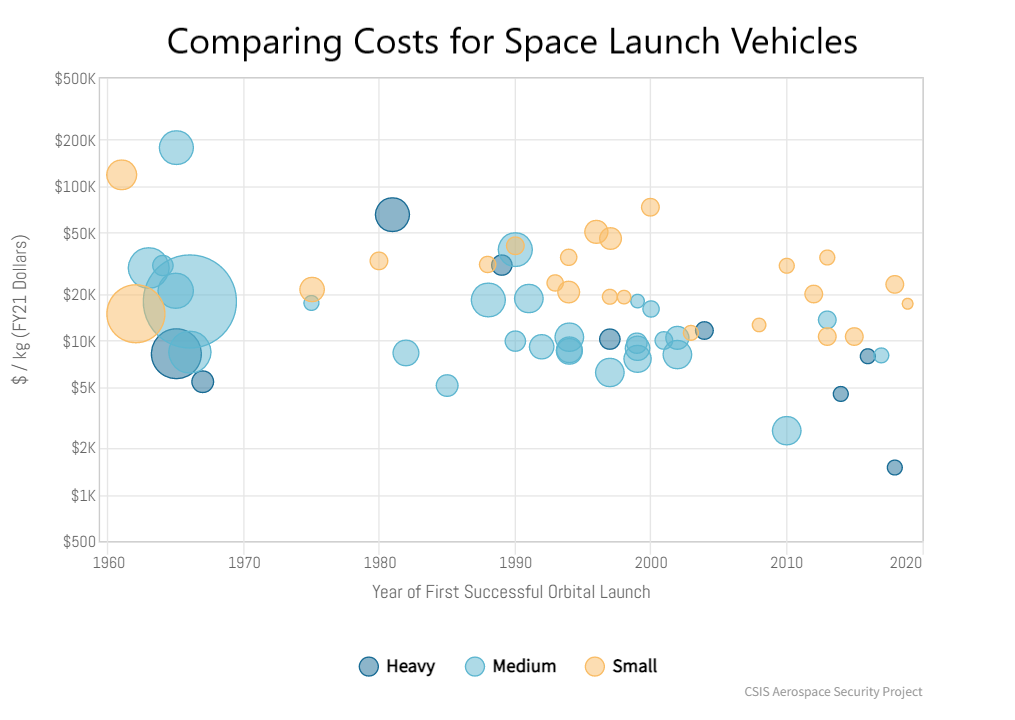– Advertisement –
Are you one of the millions of investors comparing the advantages of traditional stocks vs. cryptocurrency? If so, the task can be daunting unless you know where to start, which is with the basic characteristics of each form of investing. In addition to the outright pros and cons of each technique, there are personal considerations to take into account, like your own tolerance for risk, volatility, and return on capital.
How do the two stack up? Here’s a point-by-point look:
What You’re Investing In
When you purchase a share of corporate stock, you own a tiny portion of that company, and your account statement (with the brokerage firm) serves as proof of this ownership. With cryptocurrency, like Bitcoin or Ethereum, you don’t own anything but proof of a stake in the currency. Either one, stock or cryptocurrency, can rise or fall in value.
Many corporations have been around for decades, even more than 100 years. They have established track records. Not so for crypto. Even the biggest players in the niche are less than two decades old.
Risk
There’s no argument about it: cryptocurrency carries much more risk than traditional stock shares. Of course, there are more and less risky choices within both groups. Bitcoin, for instance, is the most stable and the largest of the cryptocurrencies. Blue-chip stocks tend to be the least risky among listed securities.
Volatility
If you can stand the ups and downs of crypto investing, then you might enjoy the high potential returns. Of course, potential losses are just as large. The stock market is also a volatile place to park your money too, but it doesn’t experience nearly the rate of volatility as the cryptocurrency markets do.
– Advertisement –



